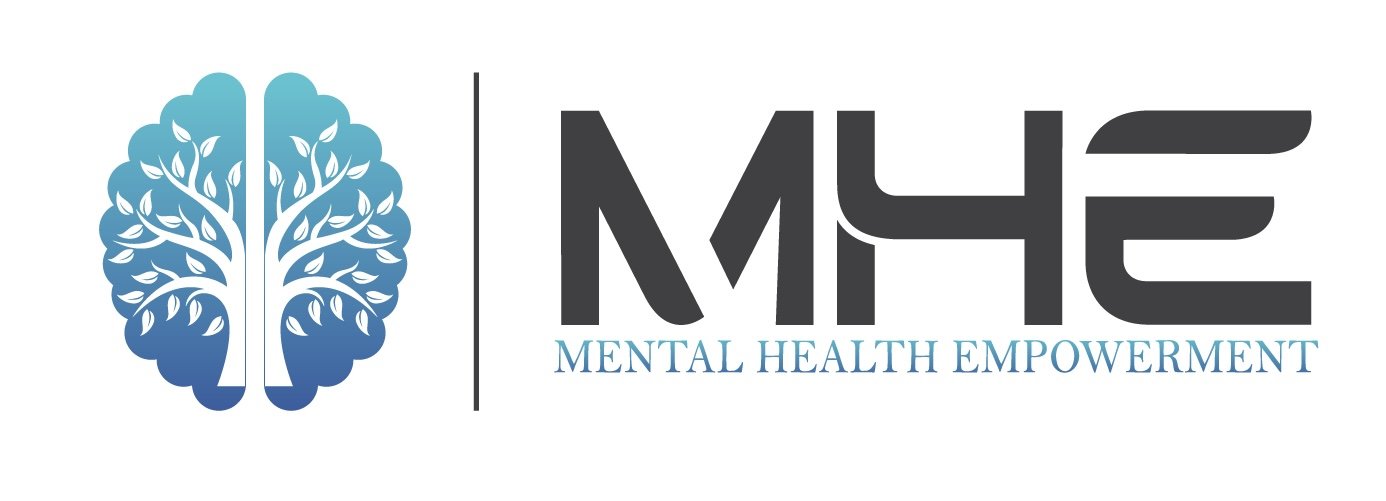What is False Guilt?
Suppose you cut in line of a food bar and take the last pieces of juicy steak. You start to enjoy it and then later you start to feel a little tinge in your stomach and you know what it is. Yep, that good ole Guilt is making an appearance. This guilt is quite normal as you are reacting to an action for something you may have done wrong. What if you have those feelings when you actually did nothing wrong? This is called False Guilt.
False guilt is a type of guilt that is based on erroneous beliefs or perceptions rather than actual wrongdoing. It is a feeling of guilt or shame that arises from an individual's own negative self-judgments or from the perceived expectations or judgments of others. False guilt can be a significant source of stress and anxiety, and can impact an individual's mental and emotional well-being. In this self-help tip, we will explore the concept of false guilt in detail, including its causes, symptoms, and strategies for managing it.
Causes of False Guilt:
False guilt can be caused by a number of factors, including:
Childhood experiences: Childhood experiences of shame or guilt can create a pattern of negative self-judgments that persist into adulthood.
Perfectionism: The pressure to be perfect and meet unrealistic expectations can lead to feelings of guilt when those expectations are not met.
Unrealistic beliefs: Beliefs that are not based in reality can contribute to feelings of guilt or shame, such as the belief that one is responsible for the actions or emotions of others.
Trauma: Traumatic experiences can leave an individual feeling guilty or responsible for what happened, even if they were not at fault.
Social conditioning: Social conditioning, such as cultural or religious norms, can create unrealistic expectations or standards that lead to feelings of guilt or shame.
Symptoms of False Guilt:
The symptoms of false guilt can vary from person to person, but some common symptoms include:
Chronic feelings of guilt or shame: An individual may experience persistent feelings of guilt or shame, even when they have not done anything wrong.
Negative self-talk: An individual may engage in negative self-talk, such as criticizing themselves or blaming themselves for things that are not their fault.
Perfectionism: An individual may feel pressure to be perfect or meet unrealistic expectations, which can lead to feelings of guilt or shame when those expectations are not met.
Avoidance: An individual may avoid certain activities or situations that trigger feelings of guilt or shame.
Anxiety and depression: False guilt can contribute to anxiety and depression, as well as other mental health conditions.
To see if your guilt is warranted, ask yourself:
* Is it wrong to ________________?
* Do I believe this is wrong or is this a loved one’s belief?
* Would I tell someone that it’s wrong to _______________?
* Can I tolerate someone being displeased with me if I’m doing what’s best for me?
Strategies for Managing False Guilt:
There are several strategies that can be helpful in managing false guilt, including:
Challenge negative self-talk: Recognize and challenge negative self-talk by replacing it with positive, affirming messages.
Practice self-compassion: Be kind to yourself and practice self-compassion, recognizing that everyone makes mistakes and that it's okay to be imperfect.
Seek support: Seek support from friends, family, or a mental health professional who can help you work through feelings of guilt or shame.
Identify triggers: Identify the situations or people that trigger feelings of guilt or shame, and develop strategies for managing these triggers.
Practice mindfulness: Practice mindfulness and focus on the present moment, rather than dwelling on past mistakes or perceived shortcomings.
Here are some questions that can help you challenge guilt based on the belief that you are responsible for other adults.
* How am I overly responsible for another adult?
*Does my being overly responsible allow others to avoid their responsibilities?
* Do I enable others out of guilt?
* Does enabling resolve my feelings of guilt and anxiety or do these feelings just return later?

